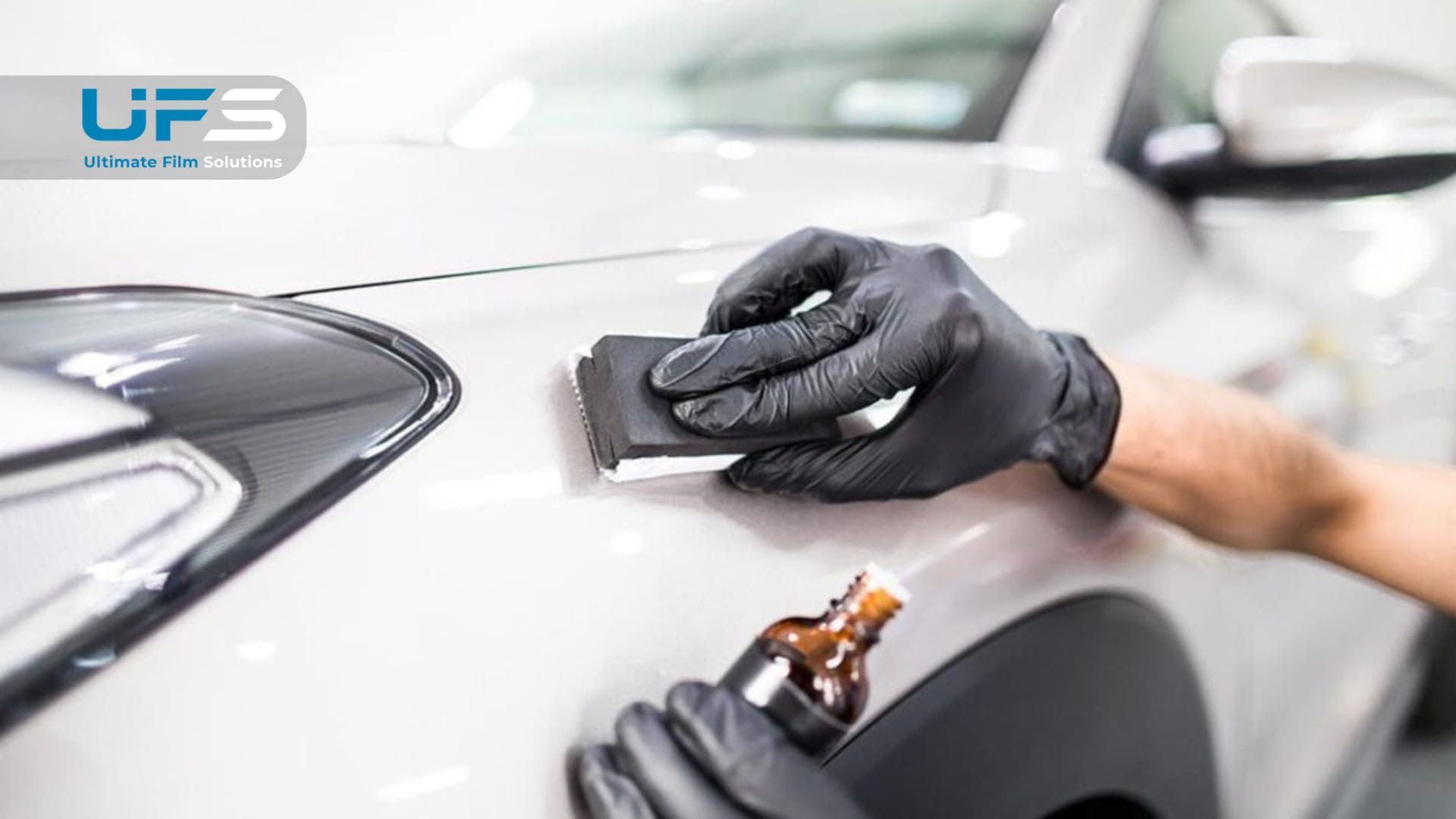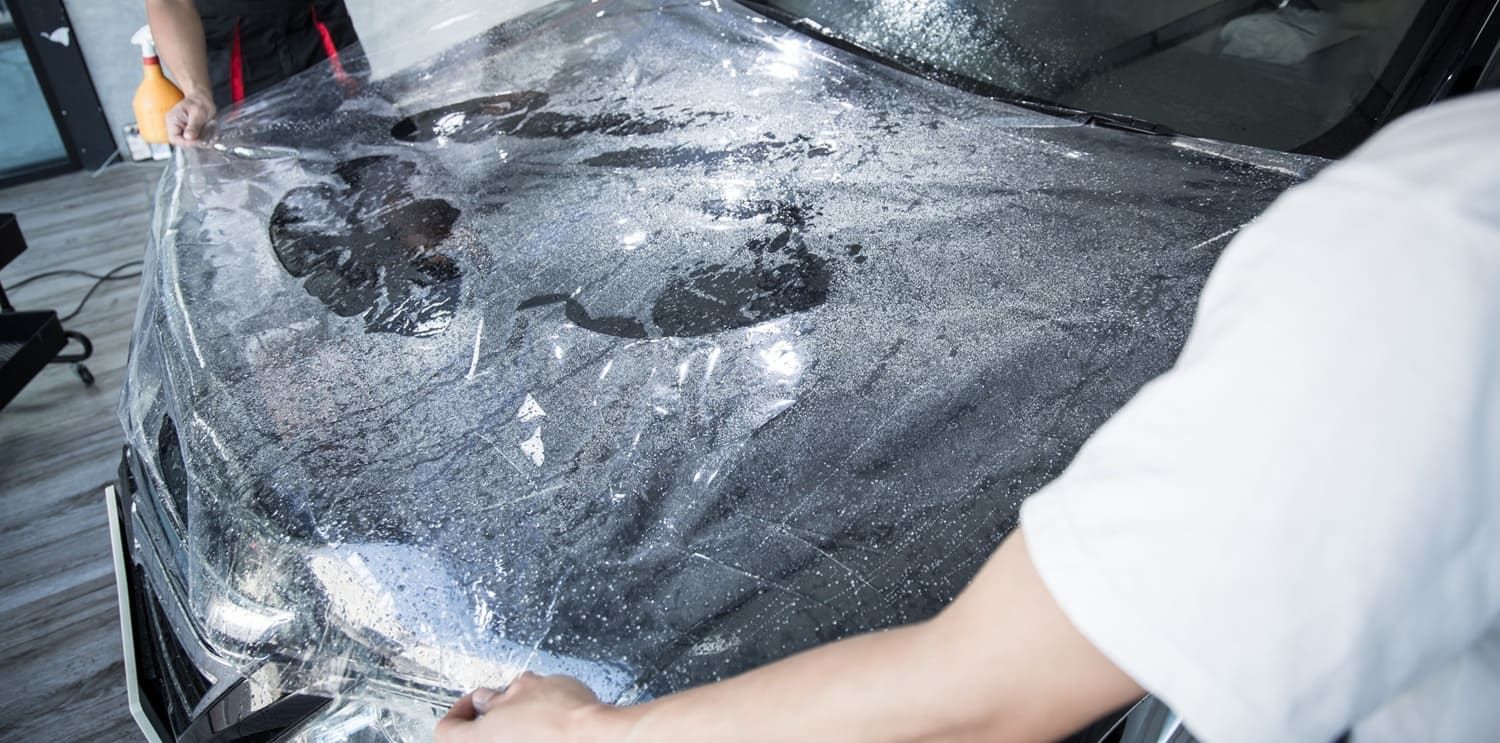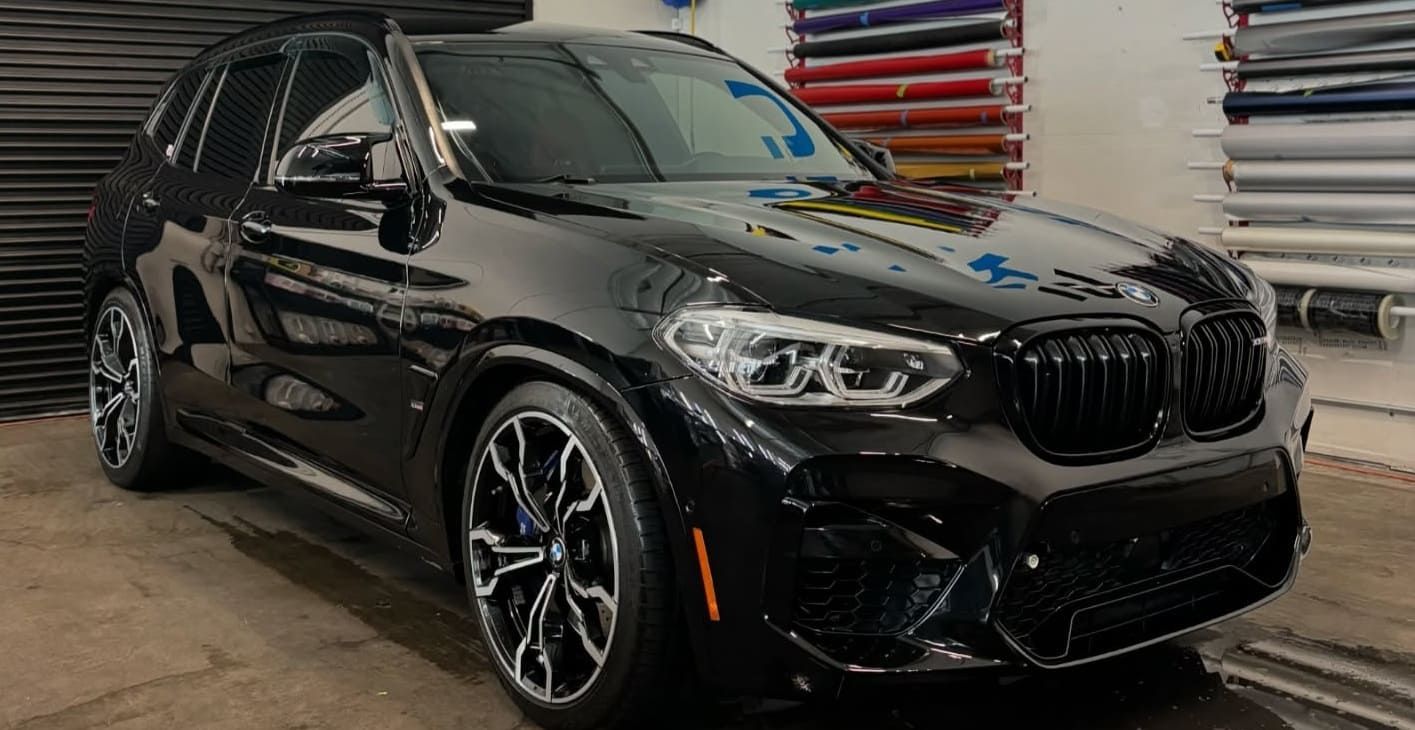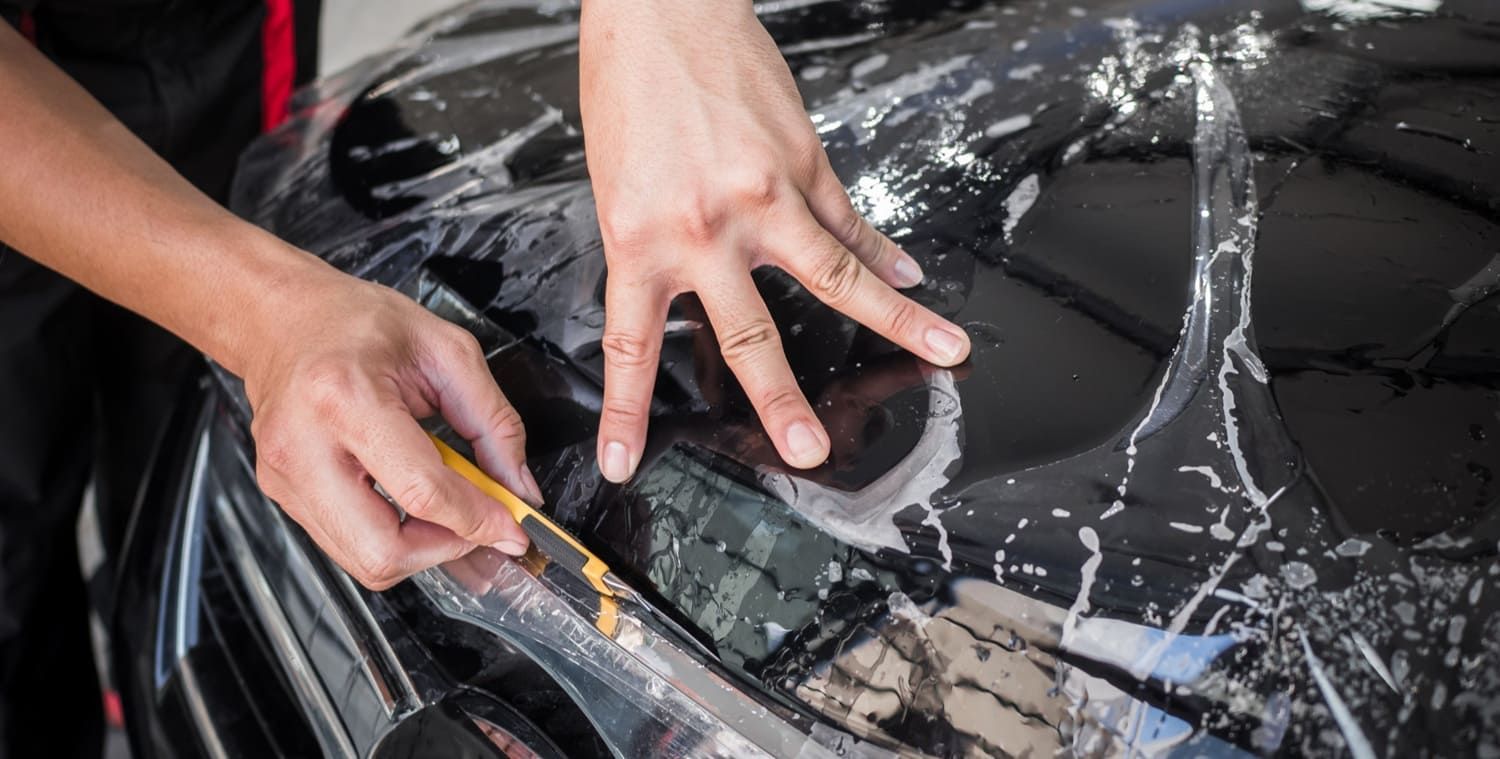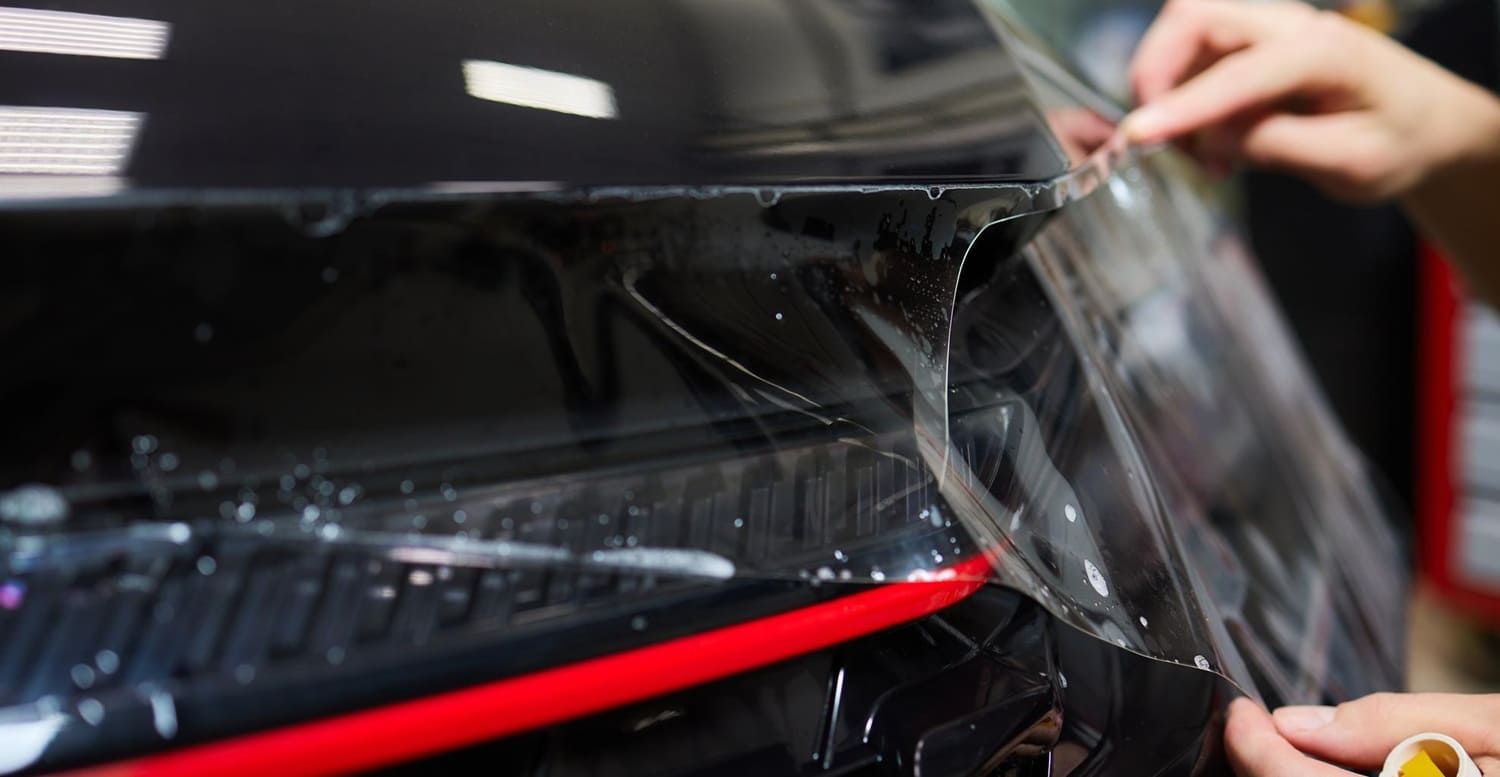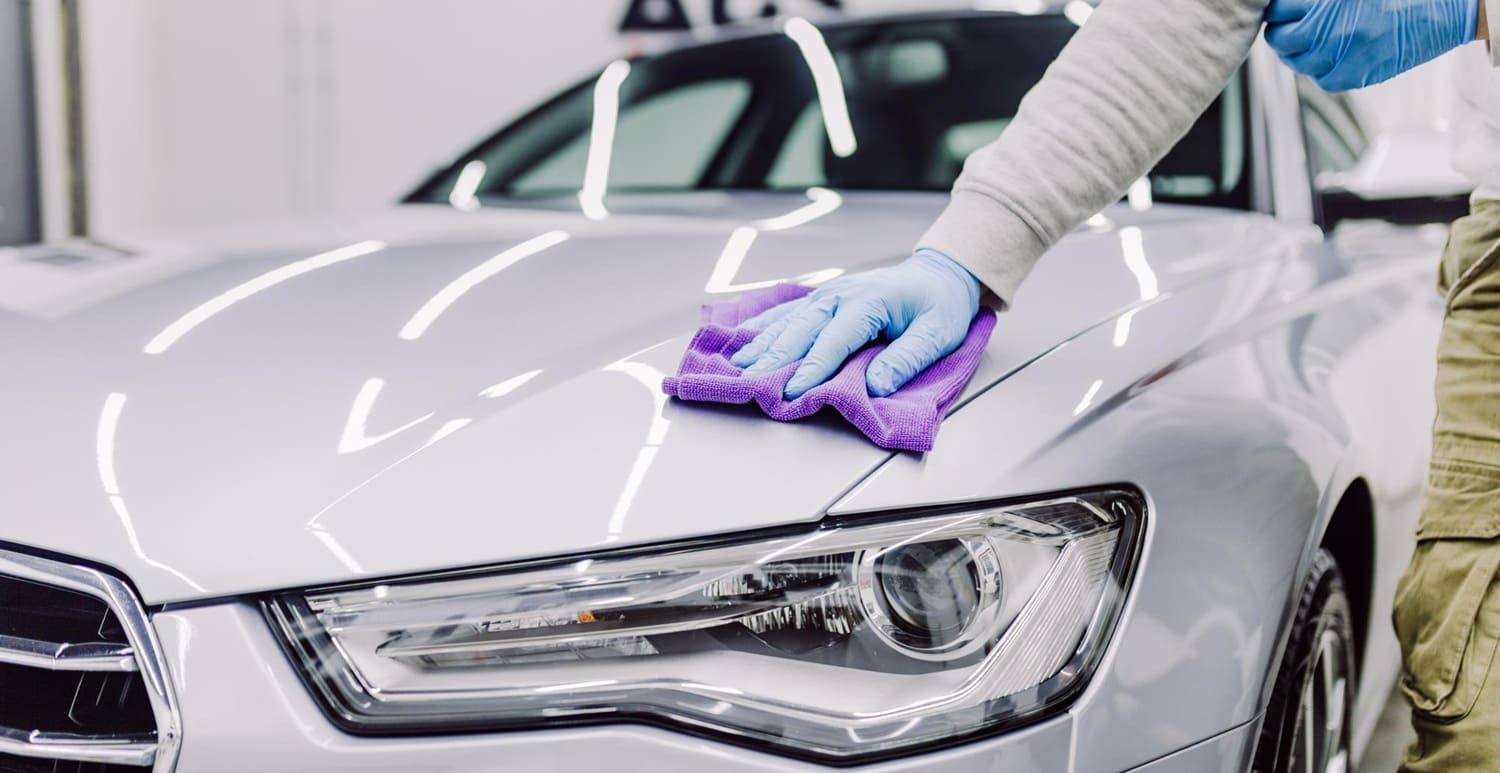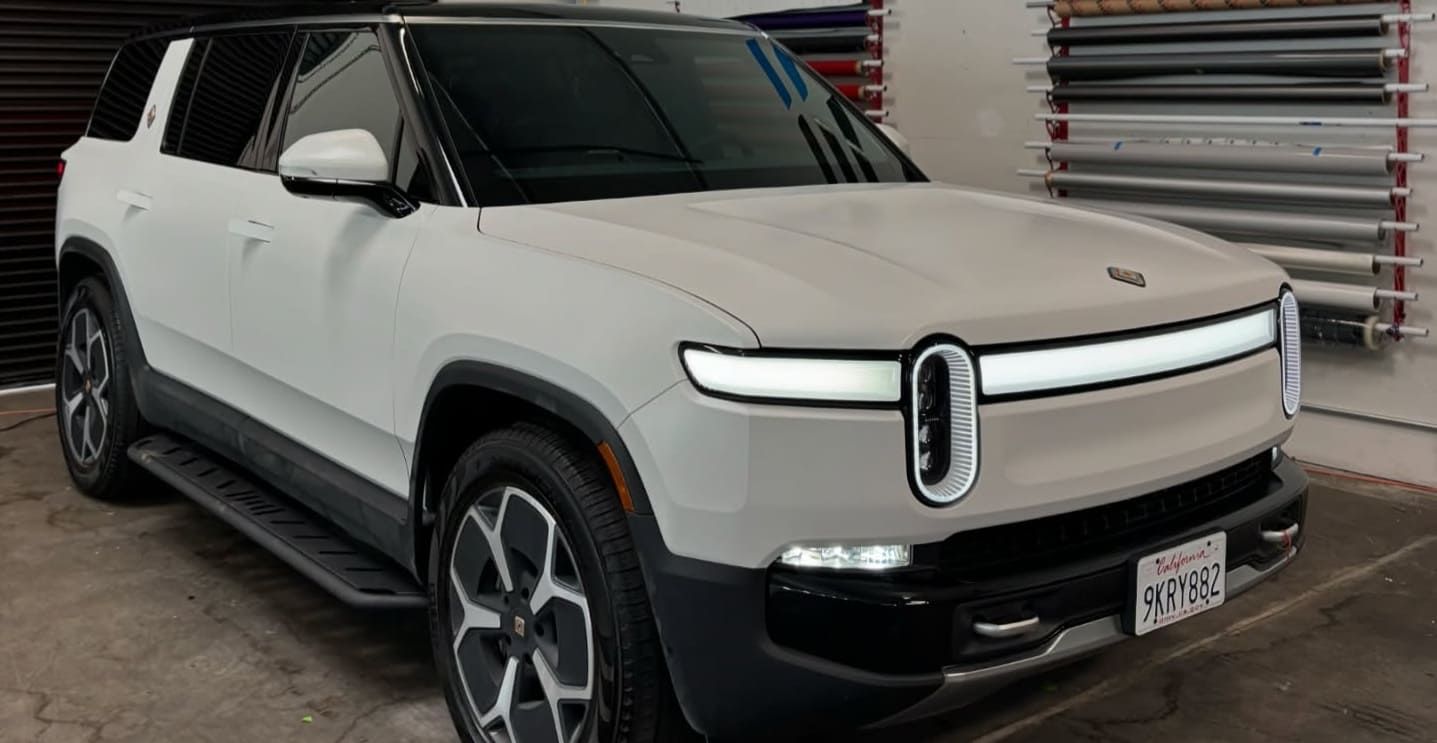PPF Maintenance Tips for Car Enthusiasts
For car enthusiasts, maintaining the aesthetic appeal of their vehicle is paramount.
A key aspect of this is preserving the car's paintwork.
Paint Protection Film (PPF) has emerged as a popular solution for this. It offers a protective layer that shields the paint from damage.
However, like any other component of your vehicle, PPF requires regular maintenance.
In this article, we will delve into practical tips and best practices for PPF care.
Whether you're a seasoned car enthusiast or a new PPF user, this guide will equip you with the knowledge to keep your vehicle looking its best.
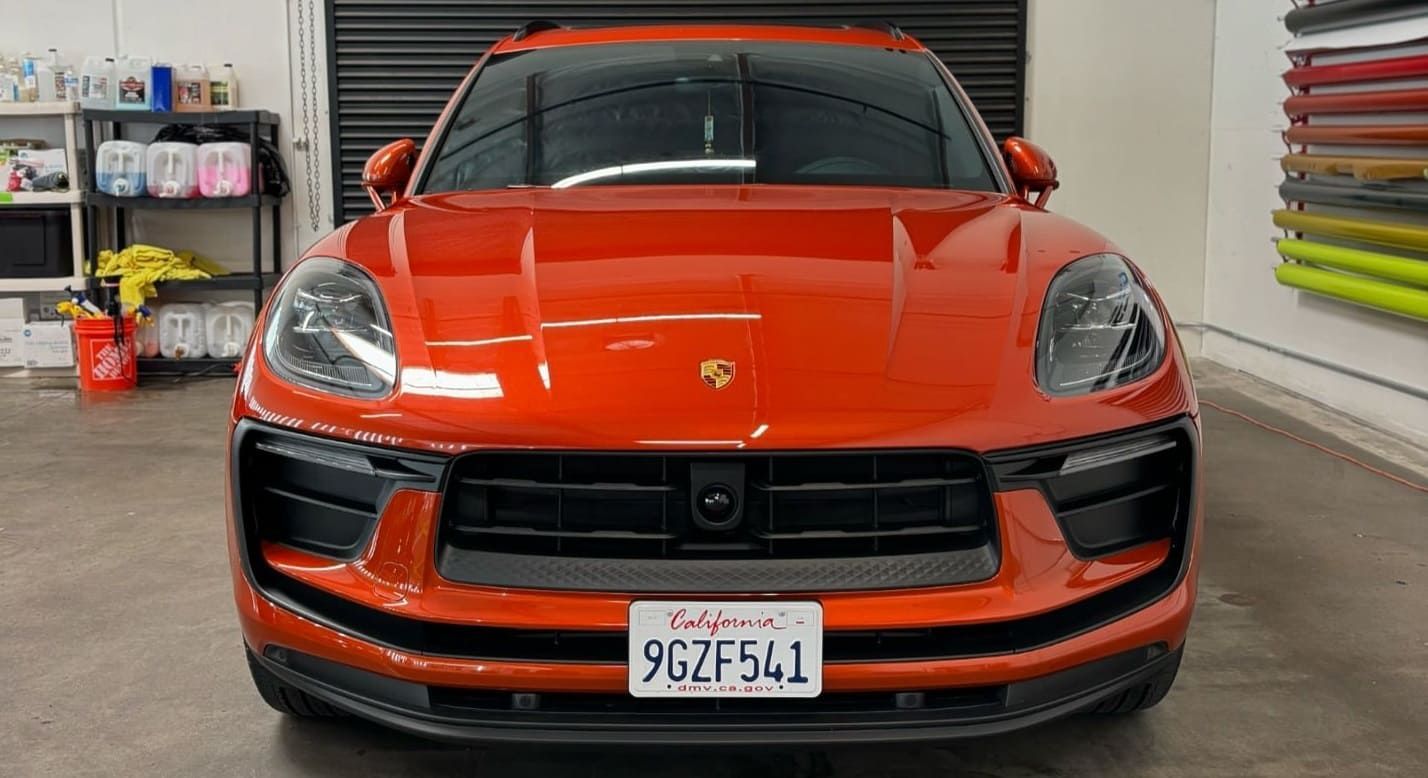
Understanding Paint Protection Film (PPF)
Before we delve into the maintenance tips, it's crucial to understand what PPF is.
Paint Protection Film, or PPF, is a thin, clear film applied to a vehicle's exterior.
It's designed to protect the paint from scratches, chips, and other forms of damage.
PPF is a long-term solution for those who want to preserve their car's original paintwork.
However, its effectiveness largely depends on proper maintenance.
What is PPF and Why It Matters
PPF is made from a durable, high-grade thermoplastic urethane.
This material is resistant to impact, abrasion, and corrosion.
It's designed to absorb the damage that would otherwise affect the car's paint.
PPF matters because it offers a protective barrier against common threats to your vehicle's exterior.
These threats include road debris, bird droppings, and harsh weather conditions.
By protecting your car's paint, PPF helps maintain its aesthetic appeal and resale value.
The Benefits of PPF for Your Vehicle
PPF offers numerous benefits for your vehicle.
Firstly, it provides a clear, invisible shield that doesn't alter the look of your car.
This means you can enjoy the original color and finish of your vehicle's paintwork.
Secondly, PPF is self-healing.
Minor scratches and swirl marks can disappear with heat exposure, keeping your car looking pristine.
Lastly, PPF is a cost-effective solution compared to frequent repainting or touch-ups.
Regular PPF Inspection and Cleaning
Regular inspection and cleaning are key to maintaining your PPF.
This routine helps identify any signs of wear or damage early on.
It also ensures that your PPF remains clear and glossy, enhancing your vehicle's appearance.
Remember, the goal is to preserve the film's clarity and durability.
This can only be achieved through consistent and proper care.
How Often to Inspect Your PPF
The frequency of PPF inspection depends on several factors.
These include the vehicle's usage, the environment, and the specific PPF product used.
As a general rule, inspect your PPF at least once a month.
Look for signs of discoloration, peeling edges, or any visible damage.
If you spot any issues, it's best to consult a professional for advice.
Step-by-Step Guide to Cleaning PPF
Cleaning your PPF is a straightforward process.
Here's a simple step-by-step guide:
- Rinse the vehicle with water to remove loose dirt and debris.
- Apply a PPF-safe cleaning solution using a soft sponge or microfiber cloth.
- Gently scrub the surface, paying extra attention to stained or dirty areas.
- Rinse off the cleaning solution thoroughly.
- Dry the vehicle using a soft, clean towel or an air blower.
Remember, always clean your PPF in a shaded area to prevent water spots and streaks.
Also, avoid using harsh chemicals or abrasive tools that could damage the film.
Safe Cleaning Solutions and Techniques
Choosing the right cleaning solutions and techniques is crucial for PPF maintenance.
The wrong products can cause damage, reducing the lifespan of your PPF.
On the other hand, the right products will clean effectively without harming the film.
Let's delve into how to choose the right cleaning products and techniques for your PPF.
Choosing the Right Cleaning Products
Always opt for PPF-safe cleaning solutions.
These are specifically formulated to be gentle on the film.
Avoid products with harsh chemicals, as they can degrade the PPF over time.
Techniques for Removing Stubborn Contaminants
For stubborn contaminants like tar, sap, and bird droppings, special care is needed.
First, try to remove them using a PPF-safe cleaning solution and a soft cloth.
If this doesn't work, consider seeking professional help to avoid damaging the film.
Protecting PPF from Environmental Damage
Environmental factors can affect the longevity and effectiveness of your PPF.
UV exposure and pollution are two major culprits.
But with the right care, you can protect your PPF from these threats.
Let's explore how UV exposure and pollution impact PPF and how to prevent damage.
The Impact of UV Exposure and Pollution
UV exposure can cause PPF to discolor over time.
Pollution, on the other hand, can lead to staining and degradation of the film.
Both can significantly reduce the lifespan and effectiveness of your PPF.
Preventing Discoloration and Staining
To prevent discoloration, consider using a PPF sealant with UV protection.
For pollution, regular cleaning is key.
This will prevent pollutants from settling on the film and causing damage.
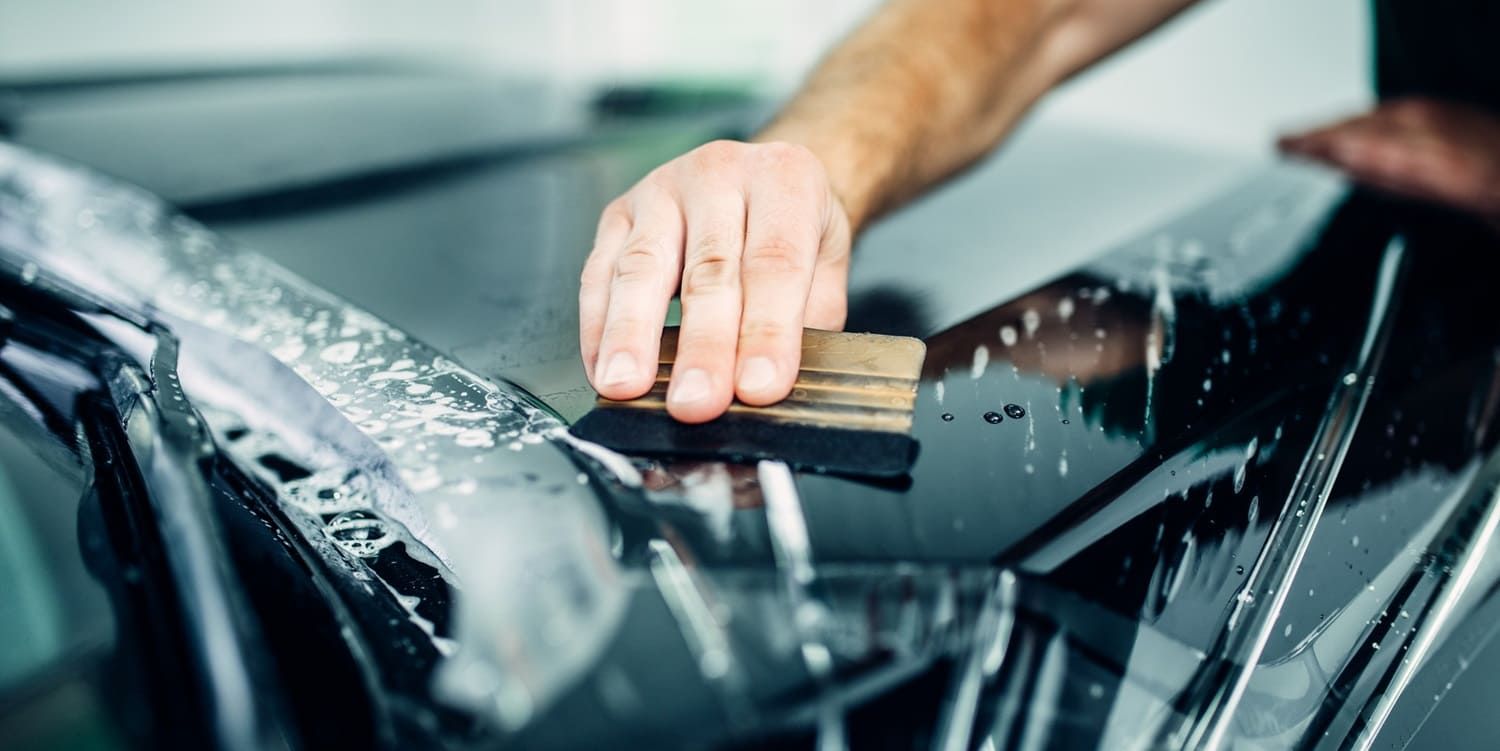
Professional PPF Services vs. DIY Maintenance
Maintaining your PPF can be a DIY task or a job for professionals.
Both options have their merits.
Let's delve into the role of professional PPF services and the pros and cons of DIY maintenance.
The Role of Professional PPF Services
Professional PPF services offer expertise and experience.
They can spot issues that you might miss and provide solutions.
Moreover, they have access to professional-grade products that can enhance the longevity of your PPF.
DIY PPF Maintenance: Pros and Cons
DIY maintenance can be cost-effective.
It also allows you to become familiar with your vehicle's PPF and its condition.
However, without the right knowledge and tools, you might inadvertently damage the film.
When to Replace Your PPF
PPF is durable, but it doesn't last forever.
Knowing when to replace it is crucial for maintaining your car's appearance.
Let's look at the signs that your PPF needs replacement and the process involved.
Signs That Your PPF Needs Replacement
Discoloration is a common sign that your PPF needs replacement.
If the film appears yellow or cloudy, it's time to consider a new application.
Peeling or lifting edges also indicate that the PPF is past its prime.
The Process of PPF Replacement
Removing old PPF should be done carefully to avoid damaging the paint.
Once the old film is removed, a new layer of PPF can be applied by a professional.
Additional Tips for PPF Care
PPF maintenance doesn't stop at cleaning and inspection.
There are other factors to consider for optimal care.
Let's explore some additional tips for maintaining your PPF.
Maintaining Different Types of PPF Finishes
PPF comes in different finishes, each requiring specific care.
For instance, matte finishes need special products to maintain their unique look.
The Importance of Record Keeping for PPF Maintenance
Keeping records of your PPF maintenance can be beneficial.
It helps track the film's condition and can support warranty claims.
Seasonal PPF Care Considerations
Seasonal changes can affect your PPF.
In winter, for example, extra care is needed to protect the film from road salt and grime.
Conclusion: The Value of PPF in Car Maintenance
PPF is a valuable investment for any car enthusiast.
It not only preserves the aesthetic appeal of your vehicle but also protects the paintwork from damage.
With regular maintenance and care, PPF can extend the life of your vehicle's exterior, enhancing its resale value and overall appeal.
If you need professional services to evaluate or change your PPF, you may contact Ultimate Film Solutions and get a free estimate or visit us at North Hollywood or Sacramento location.

